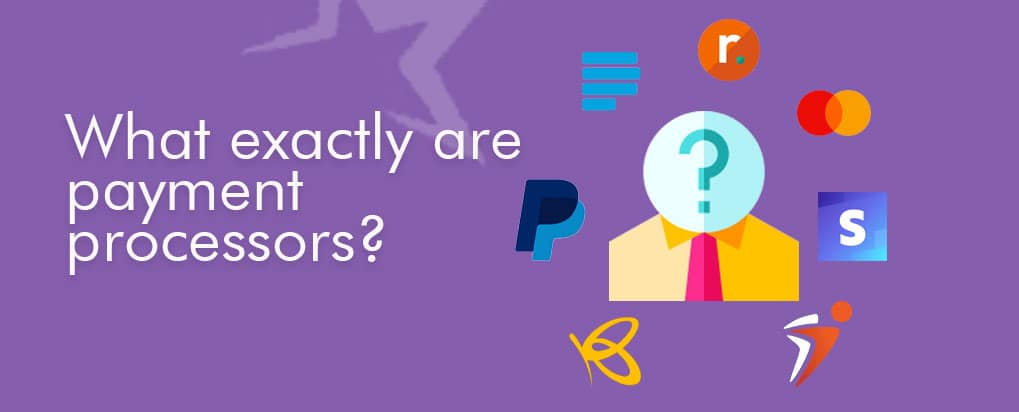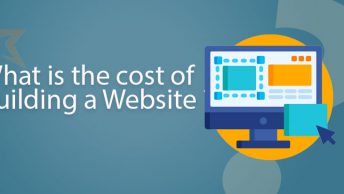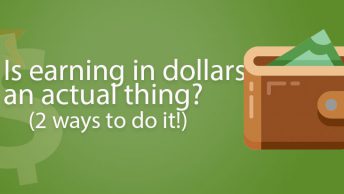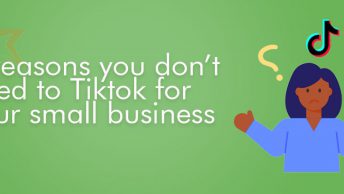Payment processors are companies or businesses that help you collect money (payment) from customers or other sources and put into your bank account. You may have even encountered one or more severally, when you’re trying to make payment either on a website or other internet spaces.
Payment processors are a “godsend” to this digital world because they have made it so much easier to receive payment without the “wahala” of going through multiple banks .
auntyronke
Now, just as everything else that has the good and bad side – these payment processors also have their own shortcomings that can cost you heavily if you are not careful.
A very common method used by internet fraudsters popularly known as “Yahoo boys” and cyber criminals is pretending to be a payment processor, they will even design web pages that looks like it is the real deal! Now when you try to pay them on these fake pages, they’ve gotten (stolen) your identity and information and can now use that to make other purchases online if you’re not careful.
This should not be an excuse to close your eyes to the benefits of using these payments processors.
The internet is a very huge space so if you want to sell online, you need an effective way to collect payment for your products or services directly – using bank transfers is good but that alone is not even feasible or efficient enough if you want to systemize and expand your business to scale.
Due to the kind of scams that are everywhere these days, governments around the world have given only a few companies the permission and license to operate these financial businesses as payment processors while they themselves are regulated by the government just like banks are.
It may look like all they are doing is collecting your money but the truth is they spend a whole lot of money to build their systems, reputation and protect their service so that a fraudster does not defraud people like you in their name.
In this article, I will be focusing on payment processors in Nigeria and how it works –
There are several ways for one to make payment, the common methods used are –
- Credit and debit cards
- Transfer with a mobile banking app
- USSD transactions with short codes
- Transfer via SMS
- International payment cards (usually in foreign currency denominations) to mention a few
More importantly, here are three things you must know before using them as a merchant online;
Firstly,
As a merchant, the way these things are set up, you can choose how or which channels you want your customers to pay with for your service and these options are what is shown to them so that when they do pay, they are debited and you are credited.
Secondly, it’s NOT free.
The payment company on their part makes their own money by charging a minimal commission, usually about about 0.5% – 3% depending on the platform or channel (these charges are regulated by the government to ensure that they do not overcharge you)
What you do as a seller (merchant) is sign up with them, to open an account like a bank account.
They will verify you (or your business) to make sure that you are a genuine person (an individual or a business entity) and get all your proof of identification like your ID, passport, BVN, CAC business registration details to verify your genuineness.
This process weeds out fraudulent people and protects both the buyer and seller which is why it is so effective. When a customer comes to your website, to buy, they might not trust you enough to leave their payment details on your own website, but since there is a trusted payment processor, they can make the payment with that processor and the payment processor credits your account a few days later.
You as a business most likely will not have all the channels or methods of payment each of your customers want to use (most retailers in Nigeria only use bank transfer which is why the question “What is your bank details” is one of the top most asked questions ).
However, when you use a processor, they will most likely have you covered to accept payments with all channels like Cards, USSD, Bank transfer both for local and international payments.
At the moment there are a few popular ones in Nigeria that I know of and endorse,
- Paystack
- Interswitch
- Remita
- Flutterwave
There are international ones that are popular too, like
- Paypal
- Venmo (also owned by paypal)
- Stripe
- 2CO and many more
Lastly, if your business is more local, it’s better to work with a local payment processor in your region. For example we use Stripe on this website because we have both an international and local Nigerian audience. Don’t get me wrong, your local processors can process international currencies too at agreed exchange rates and pay you locally, they usually will charge a fee but in all, it’s really a matter of your choice.
Running a business online requires a lot of these seemingly little decisions you will need to make and work with through your journey to success. We understand these things can be a bit confusing especially for experienced conventional business owners who are just trying it out for the first time and want to explore the benefits of doing things online.
This is why we’ve put this service together not to only set you up with what you need, but to walk the journey with you as we understand the journey can be long, lonely and confusing.
Within the store you will find micro services that you need as a business owner at different phases of your business that you can easily pay for as an investment in your business and be sure you will be taking the right decision. What’s more, we encourage you to take things slowly by selling you little packages of what you may need in place of in huge packages so that you can always adjust your decisions as your business evolves and grows.
Also, feel free to share with me in the comments how your small business is evolving, I will also be happy to hear about topics you’d like me to write about. Don’t forget to subscribe to get latest notifications when I post; you can also reach me via the contact me button!







